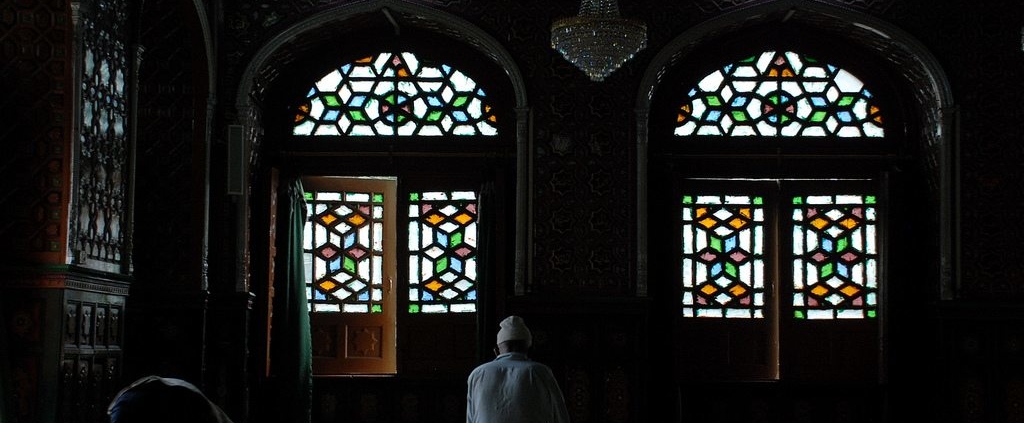Is My Prayer After Its Time Invalid If I Didn’t Have the Intention of Making It Up?
Hanafi Fiqh
Answered by Shaykh Abdul-Rahim Reasat
Question: Assalamu alaykum
I have come to find out there was a time where I have prayed outside of the prayer time thinking I still had time to pray. I prayed and did not make the intention for Qada (making up) since I didn’t know. Would my prayer be valid?
Answer: Wa ‘alaykum as-salam wa rahmatullah wa barakatuh
Thank you for your question.
You can assume that your prayers are valid. What is clear is that you will have had the intention to perform the Maghreb prayer of that day, and this is sufficient after the time has expired to be a valid intention for a qada prayer (Haskafi, al-Durr al-Mukhtar, Ibn Abidin, Radd al-Muhtar).
I recommend that you study the fiqh of prayer in in detail.
May Allah bless you with the best of both worlds.
Wassalam,
[Shaykh] Abdul-Rahim Reasat
Shaykh Abdul-Rahim Reasat began his studies in Arabic Grammar and Morphology in 2005. After graduating with a degree in English and History he moved to Damascus in 2007 to study and sit at the feet of some of the most erudite scholars of our time.
Over the following eighteen months he studied a traditional curriculum, studying with scholars such as Shaykh Adnan Darwish, Shaykh Abdurrahman Arjan, Shaykh Hussain Darwish and Shaykh Muhammad Darwish.
In late 2008 he moved to Amman, Jordan, where he continued his studies for the next six years, in Fiqh, Usul al-Fiqh, Theology, Hadith Methodology and Commentary, Shama’il, and Logic with teachers such as Dr Ashraf Muneeb, Dr Salah Abu’l-Hajj, Dr Hamza al-Bakri, Shaykh Ahmad Hasanat, Dr Mansur Abu Zina amongst others. He was also given two licences of mastery in the science of Qur’anic recital by Shakh Samir Jabr and Shaykh Yahya Qandil.
His true passion, however, arose in the presence of Shaykh Ali Hani, considered by many to be one of the foremost tafsir scholars of our time who provided him with the keys to the vast knowledge of the Quran. With Shaykh Ali, he was able to study an extensive curriculum of Qur’anic Sciences, Tafsir, Arabic Grammar, and Rhetoric.
When he finally left Jordan for the UK in 2014, Shaykh Ali gave him his distinct blessing and still recommends students in the UK to seek out Shaykh Abdul-Rahim for Quranic studies. Since his return he has trained as a therapist and has helped a number of people overcome emotional and psychosomatic issues. He is a keen promoter of emotional and mental health.
